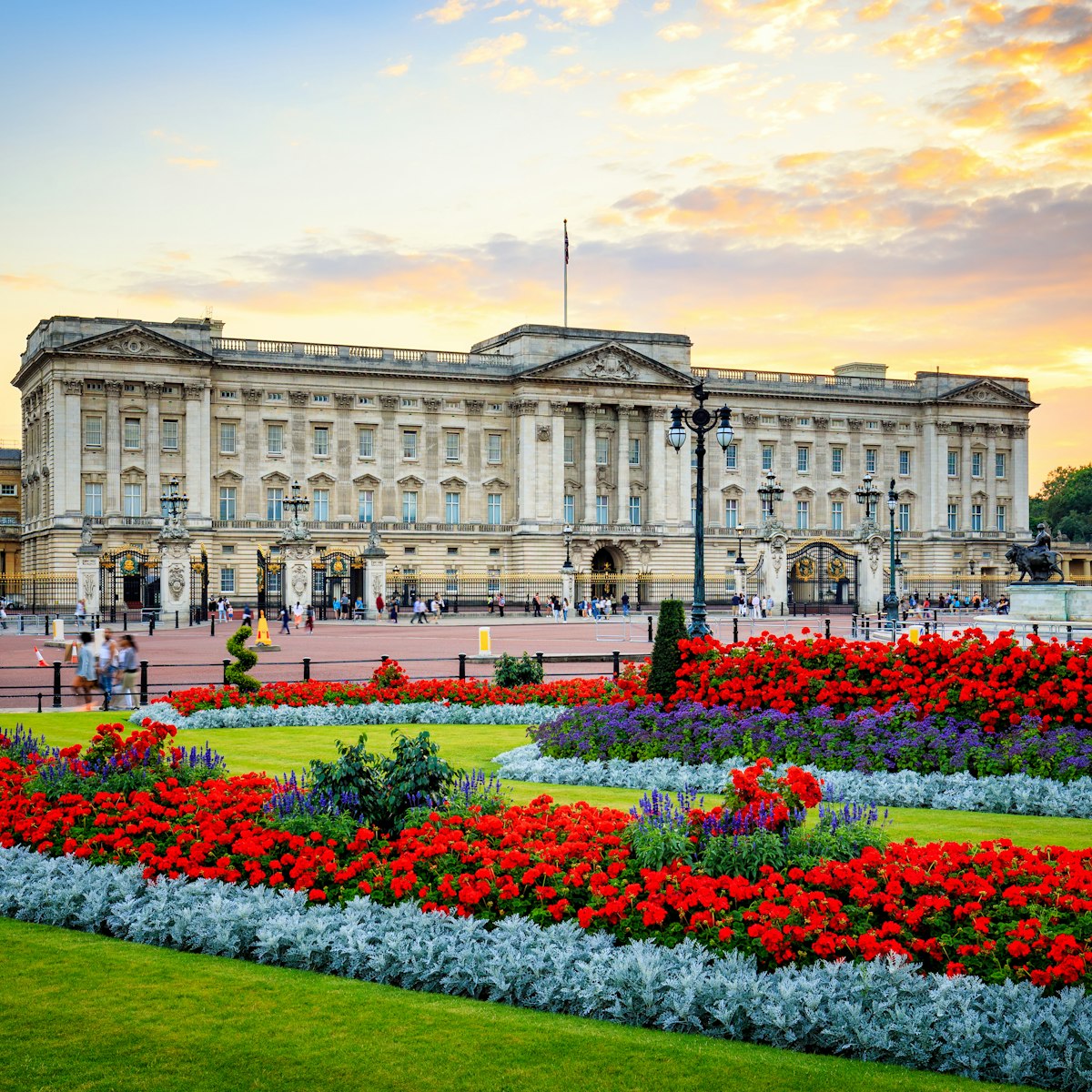One of London's most amazing attractions, Tate Modern is an outstanding modern- and contemporary-art gallery housed in the creatively revamped Bankside Power Station. A spellbinding synthesis of modern art and capacious industrial brick design, this gallery has been extraordinarily successful in bringing challenging work to the masses, both through its free permanent collection and fee-charged big-name temporary exhibitions.
The original gallery lies inside what was once the boiler house for the power station, now called the Natalie Bell Building in recognition of a local community activist. The stunning Blavatnik Building opened in 2016, increasing the available exhibition space by 60%.
The Turbine Hall
The first space to greet you as you pour down from the side entrance at Holland Street into the Natalie Bell Building is the astounding 3300-sq-meter Turbine Hall. Originally housing the power station’s huge electricity generators, this vast area has become the commanding venue for large-scale installations and temporary exhibitions. The annual commission aims to make art more accessible and has led to popular and often interactive pieces, such as Kara Walker's Fons Americanus, a 13m-tall working fountain that highlights the history of the slave trade; a full-on playground of three-person swings installed by Danish art collective Superflex; and a maze of geometric gardens called Empty Lot by Abraham Cruzvillegas, which took soil from parks around London and watered it for six months to see if anything grew. Note that if you enter from the riverside doors, you’ll end up on the more muted level 1, but stairs lead down to the main floor of the Turbine Hall.
Permanent collection
More than 60,000 works of the permanent collection are on constant rotation, and the curators have at their disposal paintings by Georges Braque, Henri Matisse, Piet Mondrian, Andy Warhol, Mark Rothko and Jackson Pollock. Installations have included works by Joseph Beuys, Magdalena Abakanowicz, and Ai Weiwei, along with films by Rebecca Horn and photography by Zanele Muholi.
The collection is arranged by both theme and chronology on levels 2 and 4 of the riverside Natalie Bell Building and on levels 0, 3 and 4 of the Blavatnik Building. A great place to begin is the Start Display on level 2 of the Natalie Bell Building: this small, specially curated taster features some of the best-loved works in the collection and gives visitors useful pointers for understanding modern art.
Architecture
The 200m-long Natalie Bell Building, made of 4.2 million bricks, is an imposing sight, and was designed by Swiss architects Herzog and de Meuron, who scooped the prestigious Pritzker Architecture Prize in 2001 for their transformation of the former power station. Significant achievements include leaving the building's central 99m-high chimney, adding a two-storey glass box onto the roof and turning the cavernous Turbine Hall into a dramatic exhibition space. Herzog and de Meuron also designed the new 10-story Blavatnik Building extension.
Viewpoints
Don't miss sublime city views from the 10th-floor Viewing Level* of the Blavatnik Building and the view of the River Thames and St Paul's Cathedral from the 6th-floor cafe in the Natalie Bell Building. Head to the level 4 bridge connecting the two buildings to get a lofty view of Turbine Hall.
*The 10th-floor Viewing Level is temporarily closed.
Tickets and information
Tate Modern’s permanent collection is free to visit, and tickets for special exhibitions start from £15. Book online in advance. Free guided tours of the permanent collection may be available – check at the information desk when you arrive.
There are three stations located within five to 10 minutes' walk of the gallery: Blackfriars (rail, District and Circle Lines), Southwark (Jubilee Line) and London Bridge (rail, Jubilee and Northern Lines).
To visit the sister museum Tate Britain, hop on the RB2 riverboat service from Bankside Pier.












